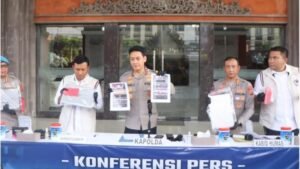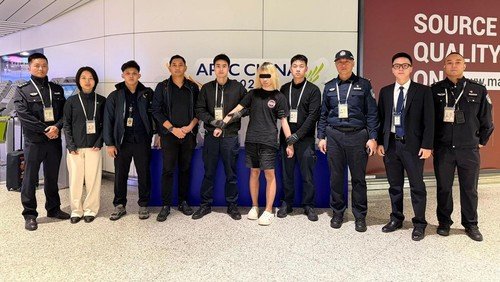
The Bali provincial government is scrambling to find solutions for its electric bus rapid transit (e-BRT) project, which is now at risk of stalling due to funding cuts tied to a new policy by the U.S. government under President Donald Trump.
The project, initially expected to launch in 2025, relied on funding from the Global Green Growth Institute (GGGI), which was providing 10 electric buses through a grant. However, GGGI has been impacted by the recent U.S. policy restricting financial allocations for renewable energy projects, leading to uncertainty over the continuation of the initiative.
Bali Transportation Agency (Dishub) Head IGW Samsi Gunarta said on Wednesday that discussions regarding the project have been frozen for the past three months due to these policy changes.
“I just reported to the acting governor that the U.S. government’s policy of cutting all funding related to renewable energy has affected our electric bus program,” Samsi said.
“For the past three months, the program has been frozen, preventing any further progress. I have reported this situation and am working to find a solution,” he added.
Impact on Grant Funding
The e-BRT project is part of a grant program, making its continuity unpredictable.
However, the recent U.S. policy shift has had a direct effect on the Millennium Challenge Corporation (MCC), a U.S. foreign aid program aimed at reducing global poverty through sustainable economic growth. This, in turn, has impacted GGGI’s ability to fulfill its commitments.
“Hopefully, not all aspects of the project are affected. We will continue to monitor developments and seek the best way forward, but our clear objective is to continue this initiative,” Samsi said.
Seeking Alternative Investors
As Bali awaits further clarity on global funding conditions, the provincial government is also actively seeking investors to support the e-BRT project.
The feasibility study, conducted with assistance from Australia, has already been completed, and transportation officials mapped out dedicated bus routes in 2024.
In the search for investors, the Bali administration is receiving support from the United Kingdom for project planning. The next steps involve a qualification process and the collection of proposals from potential stakeholders.
U.S. Cuts Could Also Affect Bali’s Subway Project
The U.S. policy changes are not only affecting the electric bus initiative but also Bali’s proposed subway project. While the subway project’s managers have yet to provide an update on its status, Samsi believes it is still on track, thanks to private sector investment.
“There is definitely an impact, and we are calculating the implications. However, since the subway project involves private investors, it is still in progress. I have yet to receive the latest updates on its development,” Samsi said.









